At first, I felt rather ambivalent about being chosen as the research astronaut for the mission. On the one hand, it is a huge honor, but on the other hand, the fellow candidates and I worked hard for more than a year for a goal that they could not reach now. After the decision, I was somewhat in a strange mood, and that evening I went to see my family in Nyiregyhaza to tell them the news in person. From that moment on, I was overwhelmed with happiness, Tibor Kapu, the selected research astronaut for the Hunor (Hungarian to Orbit) program, told Magyar Nemzet.
Gyula Cserenyi, selected as the reserve research astronaut, talked about the selection process, saying that after hearing the result, he felt a little sad because he came second, but all of that was overcome by a feeling of success and pride.
I waited outside for the others, because we agreed to wait for each other after the announcement of the results. Tibor Kapu came out second and told me that he is the astronaut for the mission. I was truly happy about his success and delighted that I can continue working with him,
Gyula Cserenyi highlighted.
Proud families
The decision deeply stirred the emotions of the two astronauts' families, with Tibor Kapu saying that his parents were filled with pride mixed with worry.
My mother is more worried than proud, and my father is obviously the prouder, because he thinks it's really cool that his son is the one who can go up to the space station,
Tibor Kapu said, adding that the past 14 months have been extremely stressful not only for them but also for their families.
It was no different in Gyula Cserenyi's family, with the reserve research astronaut saying that the past more than one year period has been demanding for them as well. His second child was born during this time, so they also faced many challenges.
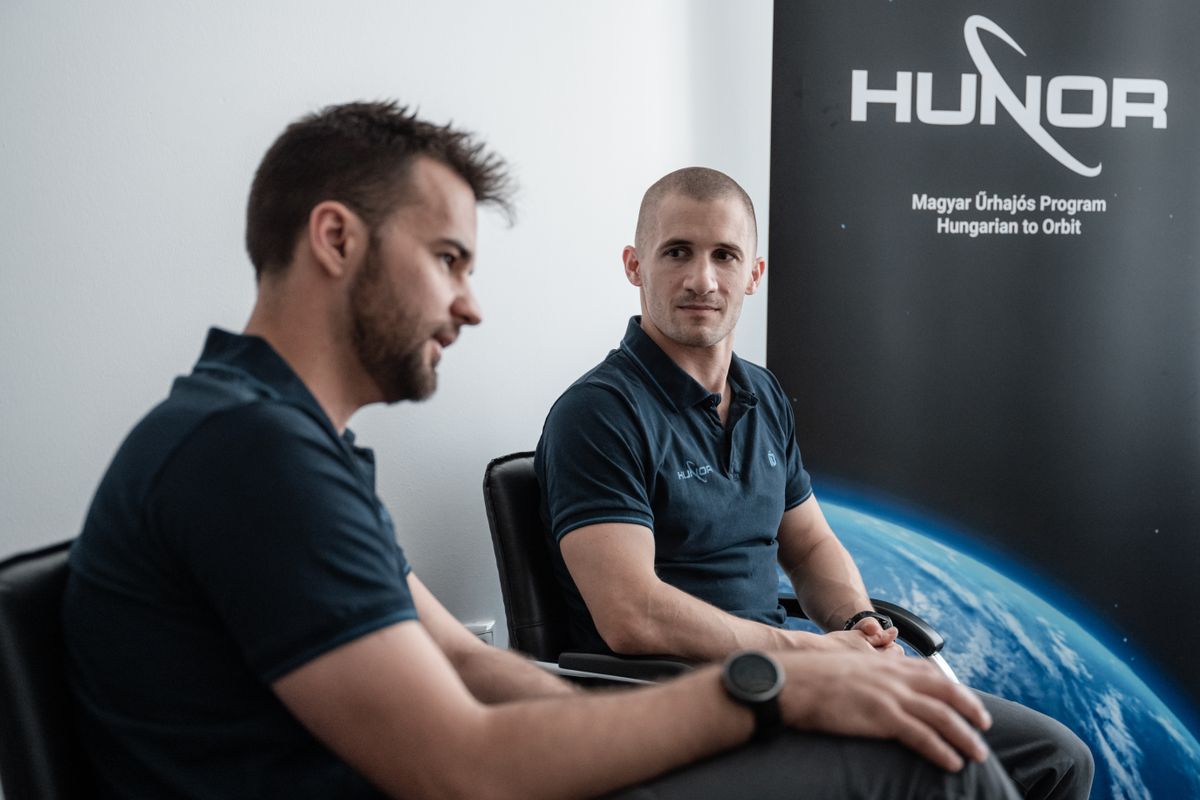
Years of training
Speaking about the training process and their experiences, they said they never encounter any difficulties that would made them give up. They enjoyed the long hours of learning, the hard physical training, and the specific training elements, which were often difficult.
Perhaps the hardest moment was when we met with the other candidates in March 2022 and saw that there were a lot of incredibly competent people applying for the job,
Tibor Kapu added. He then pointed out that when only the four selected candidates were left in the program, he realized that he was not competing with his colleagues, but with himself.
Basically, our more general training elements were about acquiring theoretical knowledge, followed by a lot of physical training, flying and isolation exercises, which were all very intense and demanding,
Gyula Cserenyi said, adding that each phase of the training had its challenges, difficulties and beauties.
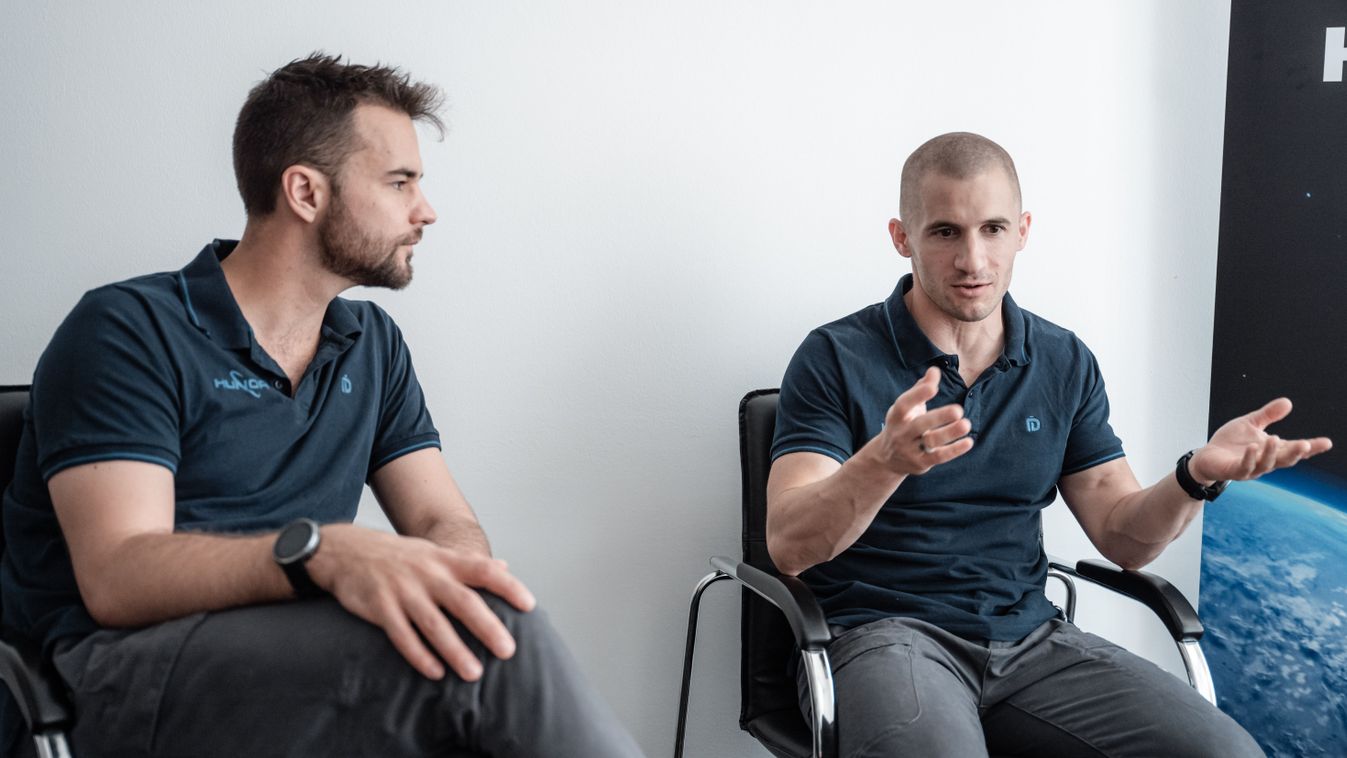
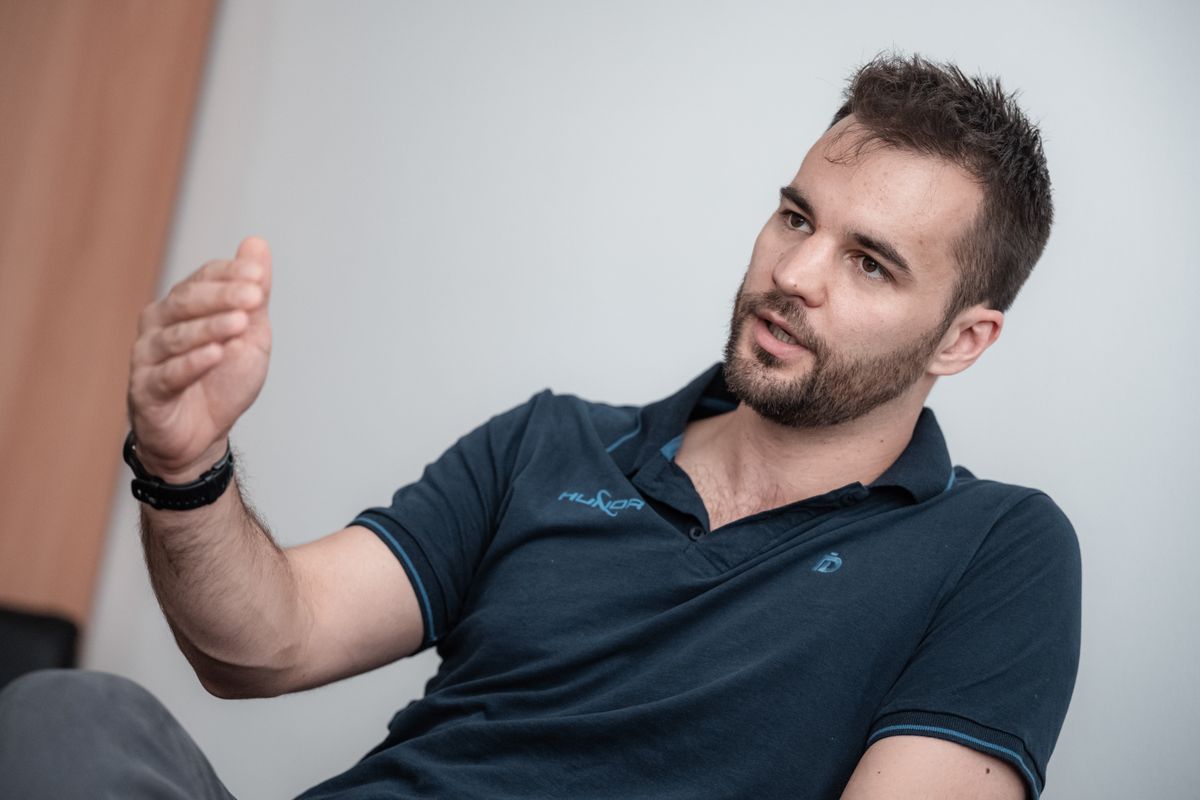
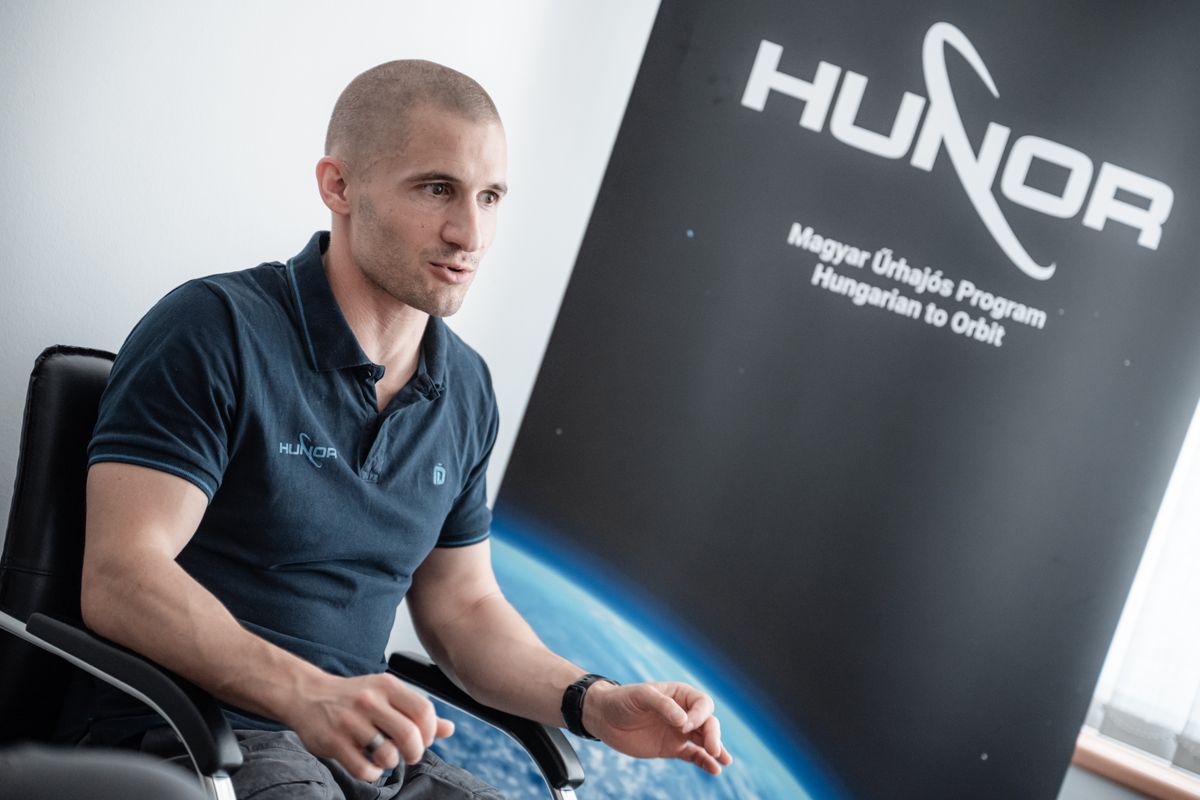
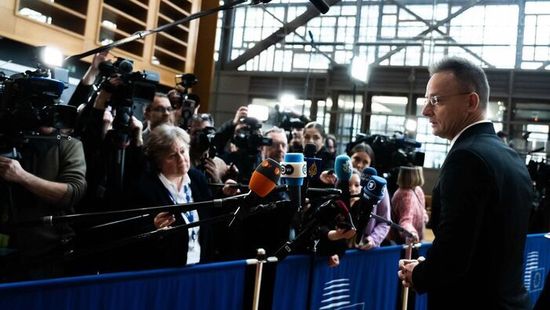
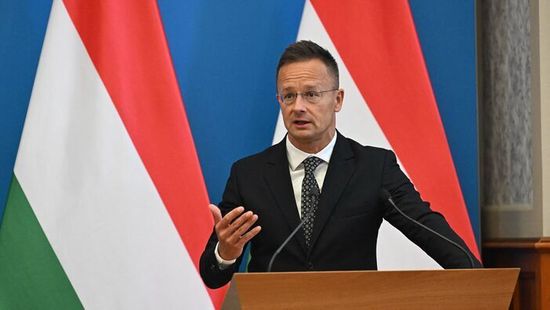

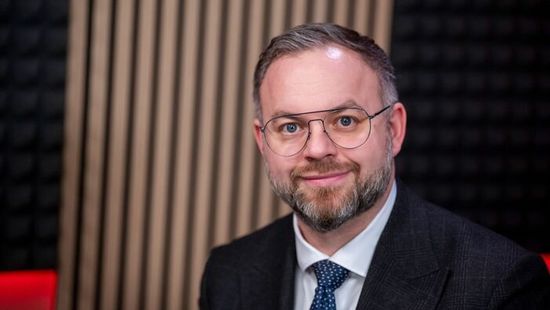


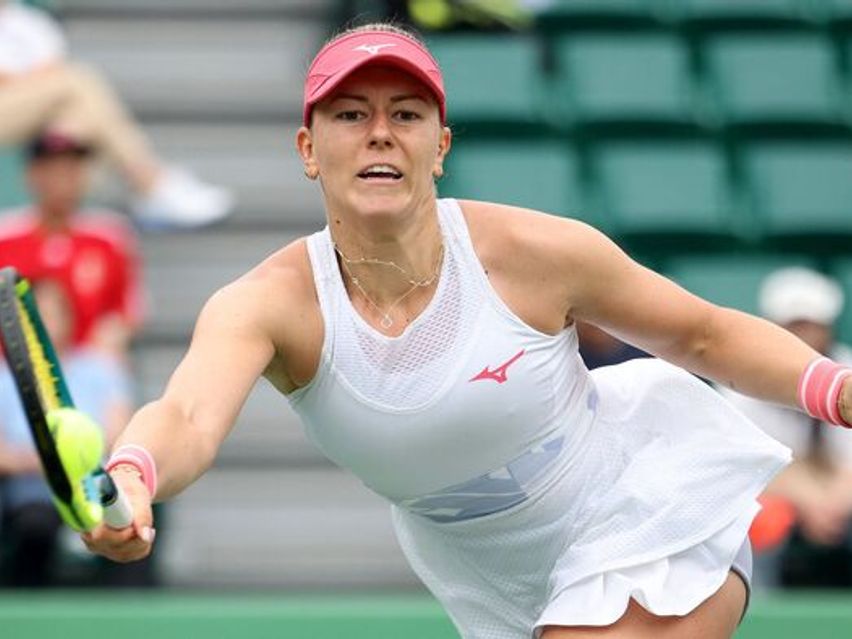
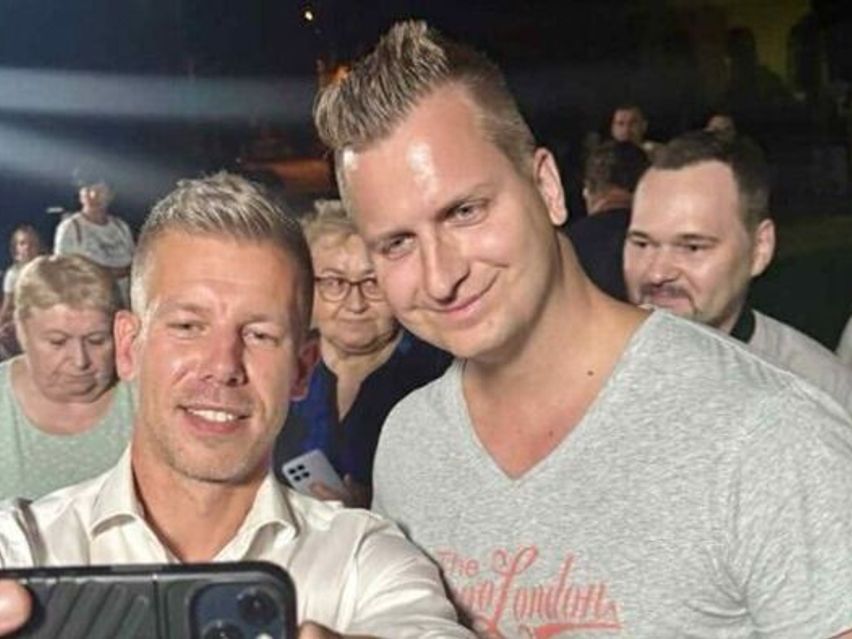
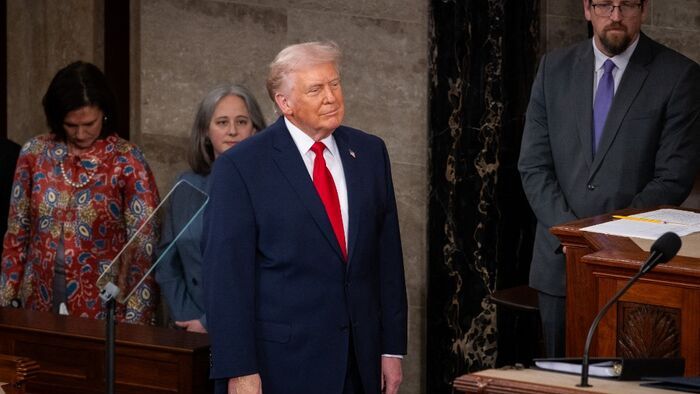

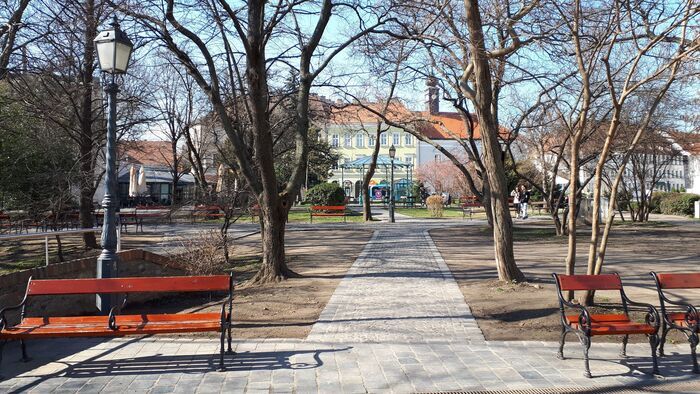
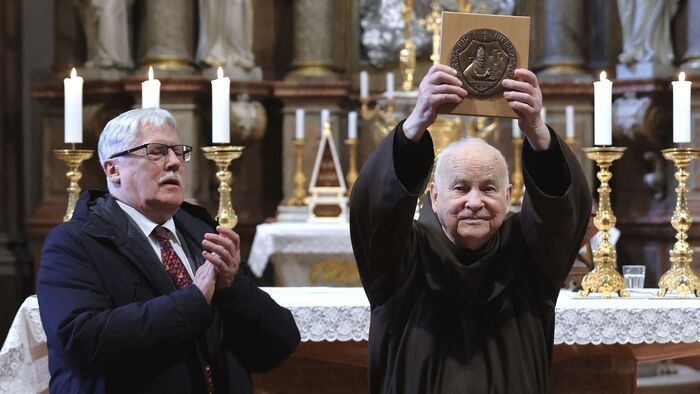

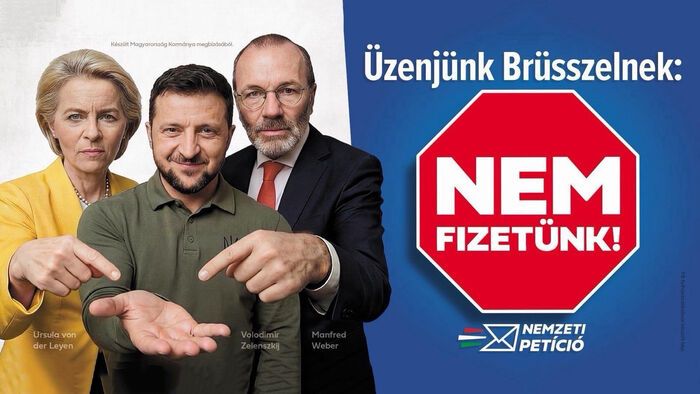
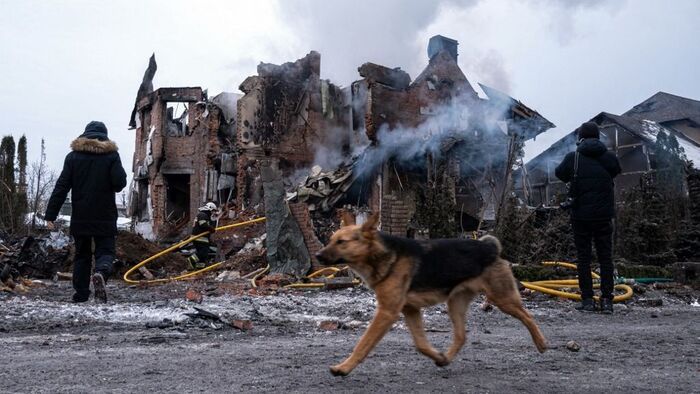


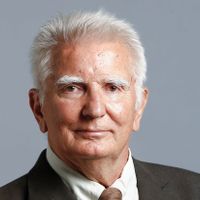
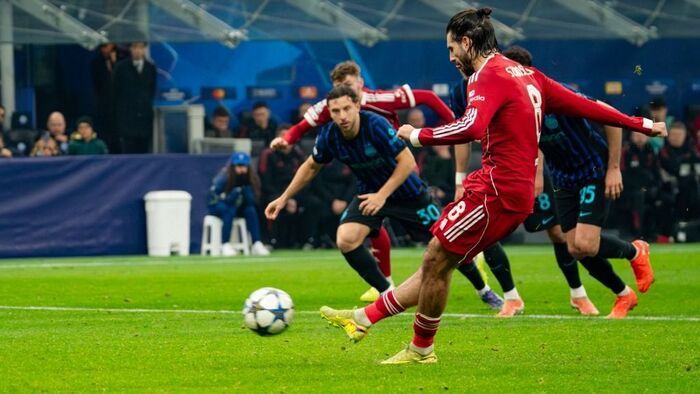
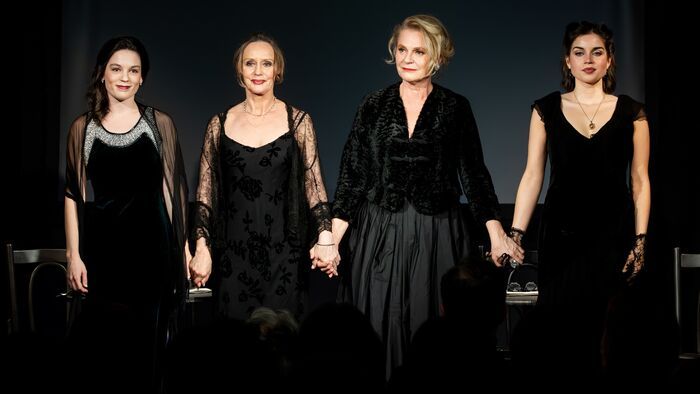
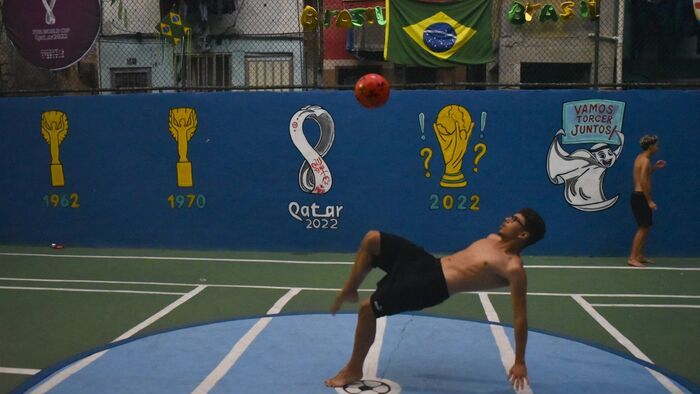

Szóljon hozzá!
Jelenleg csak a hozzászólások egy kis részét látja. Hozzászóláshoz és a további kommentek megtekintéséhez lépjen be, vagy regisztráljon!